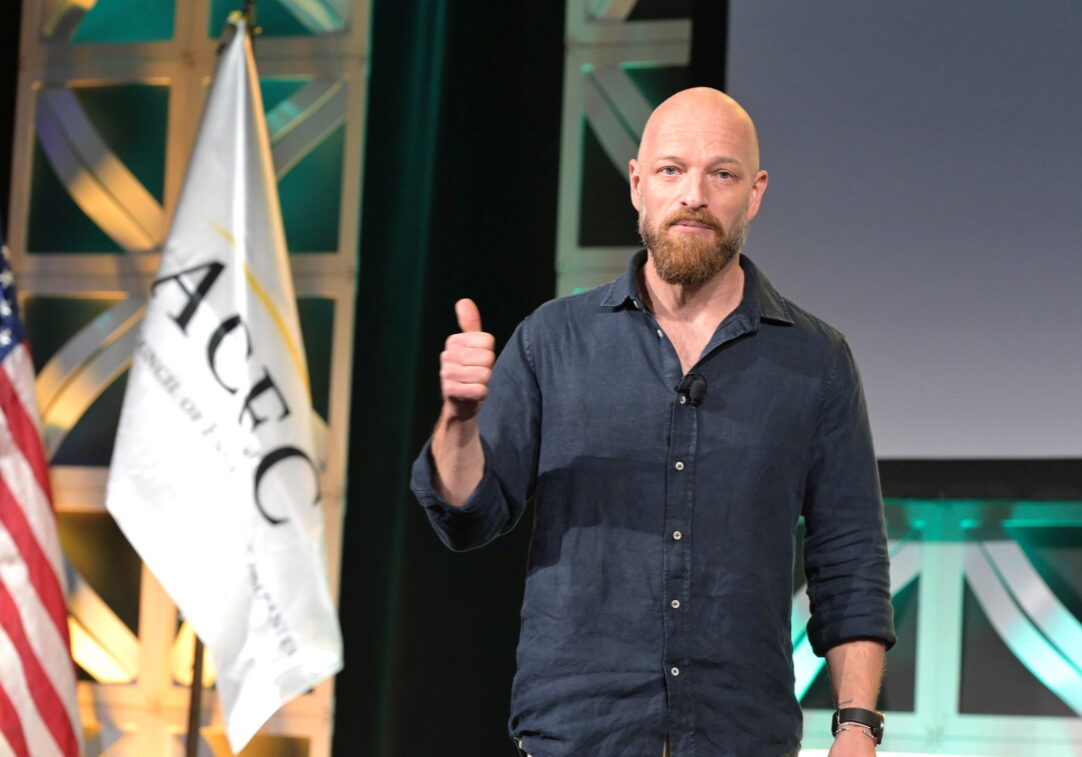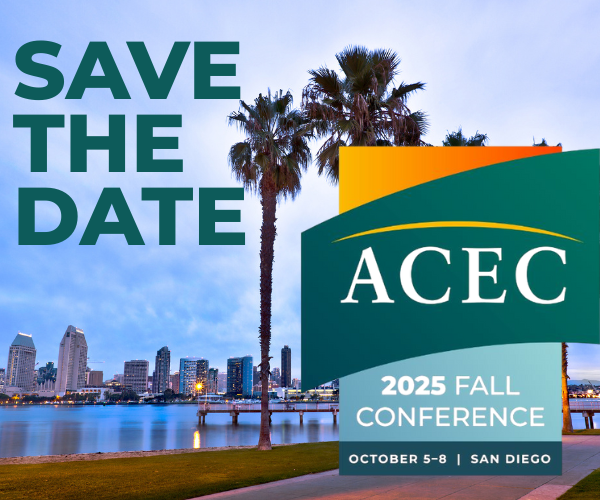Throughout the Fall Conference, the power of translating human potential and wisdom across industries emerged as an overarching theme. Ben Saunders is living proof of how this multidisciplinary collaboration is already moving the engineering world forward.
For those unfamiliar, Saunders is the world-renowned polar explorer and was the first person to lead an expedition to the South Pole and survive. He explained to a Fall Conference audience how his experiences make clear that while we often think about technology as microchips and digital devices, the word applies evenly across all contributions of human knowledge.
Saunders’s expedition to the South Pole took years to plan and four months to complete. To make this dream a reality, he would have to overcome three main types of challenges. Along with commercial challenges (i.e., fundraising, equipment, and leading a team), he faced physical challenges (such as fitness, nutrition, and clothing) and cognitive challenges relating to the physical and mental stress of the journey.
When looking back on the mental preparations, Saunders “realized pretty quickly that that was the most important piece because when you’re out there, you can never really recover fully from one day to the next,” he said. “You’re always getting more and more tired. Every day you wake up and you’re just more tired, more tired, more tired in a sort of downward spiral.” The statement resonated perfectly with the realities so many professionals face in today’s fast-paced and stressful work environments.
That’s why Saunders spent years developing a strategy for the extreme mental and physical stress of the journey, including getting support from a well-respected psychologist. For Saunders, “it was vital having that sort of guidance and wisdom—good coaches and mentors and advisors that I trusted.”
Now, after spending almost two decades traversing terrains that are arguably the most unforgiving on Earth, he’s made a “weird pivot” to sustainable innovation, which seems a perfect fit for his skills and expertise.
“I’m enjoying being a kind of catalyst. Like, I’m not a scientist. I don’t have mounds of money. But I can raise money [and] I can point it in the right direction,” Saunders said with enthusiasm. “And find extraordinary talent and intellect and IP that I can kind of back, not just with capital but with my experience and wisdom—almost as a coach in some ways.”
When asked about his motivations, he said: “when we boil it down, I think that most of human wealth and progress, [as in] most value in business, has been created through extraction…it’s clear that trajectory can’t carry on. We need to push the limits of sustainable technologies, so that’s where I’ll be.”







